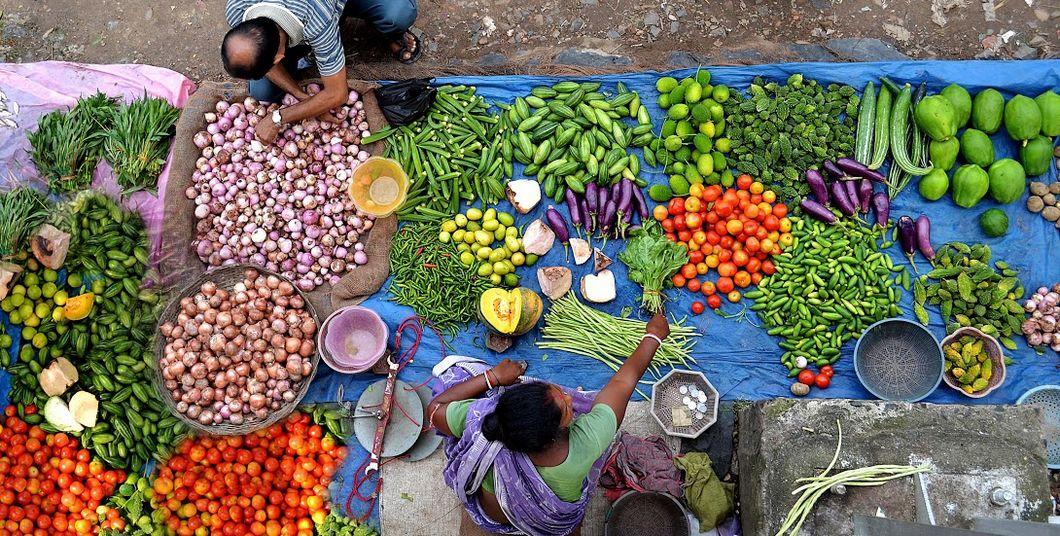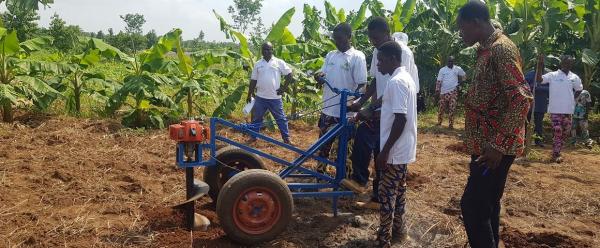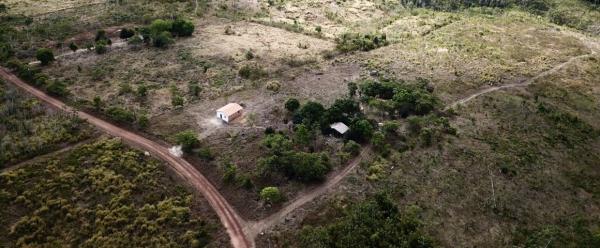Call to action 25 November 2025
- Home
- CIRAD news
- News
- Fix food systems for peace and security
Want peace and security? Start by fixing the global food system

© Bioversity International, N. Capozio
Story highlights
- As the world is getting warmer, droughts can lead food insecurity and conflicts
- Researchers present three ways the challenges of climate vulnerable and conflict-prone areas can be addressed through improved food security
- The 2021 UN Food Summit must focus on the needs and challenges of the people living in vulnerable and fragile regions
At the heart of the problem
It is widely recognized that there is a need to transform the food system, and to improve food security in vulnerable and conflict-prone regions. As the world is getting warmer, droughts are intensifying, leading to food insecurity, malnutrition, starvation and widespread famine. This in turn can lead to internal and cross-border migration, social unrest and even conflict in extreme cases.
Then there is COVID-19. The pandemic has fueled food insecurity even more. In 2020, nearly 2.37 billion people did not have access to adequate food.
“If the realities and needs of vulnerable and fragile regions are ignored, then social injustices and environmental pressures experienced by these communities will be aggravated and lead to further food insecurity,” explains Stockholm Resilience centre researcher Cibele Queiroz, lead author on a paper published in Nature Food, co-authored by CIRAD' Etienne Hainzelin.
Transformations needed for a fair and just global food system
Queiroz and her colleagues present three ways the challenges of climate vulnerable and conflict-prone areas can be addressed through improved food security:
1-Halt agricultural land expansion but invest in local food security
To establish long term food security, global climate and biodiversity targets must be met. Agricultural expansion must be halted and degraded lands must be restored. The sustainability and productivity of existing production systems must also be improved.
2-Put resilient landscapes and seascapes at the heart of food systems transformations
Having a diversity of crops, animals, and fish, as well as farming practices and business models will help build food systems resilience to surprises and shocks such as extreme weather events, natural disasters or conflict and political instability.
3-Build conflict resilient food systems
Investing in the long-term resilience and sustainability of food systems in conflict can boost local livelihoods and food security, and make individuals less prone to be recruited into conflicts. However, these approaches must be context sensitive.
UN Food Systems Summit
Ahead of the 2021 UN Food Systems Summit Queiroz and her colleagues are clear:
“We need a policy agenda with a much stronger focus on the needs and challenges of the people living in vulnerable and fragile regions. It is only by addressing those challenges in a way that integrates both social and ecological aspects that we will be able to hit the heart of our global food system’s problems.”



























